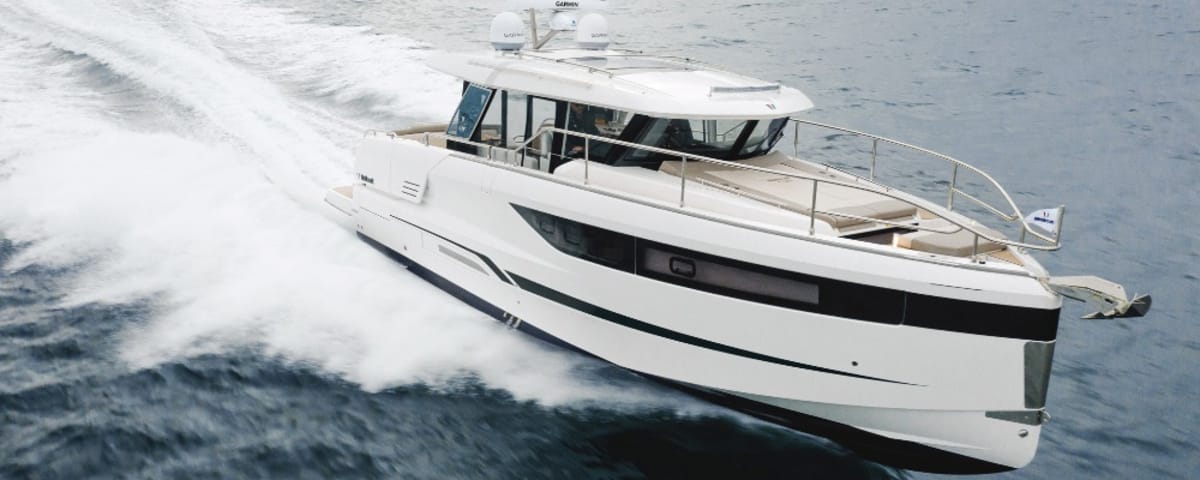Barbecuing on Boats: A Guide to Safe and Responsible Grilling
Many marinas in France prohibit the use of barbecues while boats are docked, especially charcoal models. This ban aims to prevent fire hazards, particularly in areas with a high density of boats where polyester hulls, varnished wood, and textile equipment create a highly flammable environment. It also helps avoid nuisances related to smoke, odors, and embers landing on neighboring boats.
However, regulations vary from port to port. Each marina can establish its own rules, posted at the harbor master’s office or in municipal decrees. Before lighting a barbecue, even gas or electric, it’s crucial to inquire locally. On floating docks, a ban is almost always in place.
Precise Conditions for Use at Anchor
Outside of ports, at anchor, barbecue use is generally tolerated, provided several common-sense and safety rules are followed. The appliance must be installed on a suitable support, fixed or suspended from the stern rail, to prevent any risk of falling or contact with flammable materials. Navigation must be stopped: no barbecue should be used while the boat is moving.
Some manufacturers offer barbecues specifically designed for pleasure boats. They run on gas or charcoal and are equipped with windbreaks and secure fixings. However, even with this type of equipment, weather conditions must be favorable. Wind can fan the flames or blow embers towards sails, awnings, or passengers.
Choosing Equipment: Variable Constraints
Three main types of barbecues are used on board: charcoal, gas, or electric. Each has advantages and limitations.
Charcoal barbecues, while popular for their flavor, are the riskiest. They are generally prohibited in ports and should only be used at sea or at anchor, with strict precautions. Their use is discouraged on wooden boats or those with teak decks.
Gas barbecues are safer, but their installation is regulated. On a boat, a fixed gas cylinder must be stored in a sealed and ventilated compartment, accessible only from the outside, in accordance with safety regulations. Portable models must be carefully secured.
Electric appliances are considered the safest in terms of fire risk. However, their use is limited to the dock, unless the boat is equipped with a generator or high-performance batteries. While navigating or at anchor, their autonomy is often insufficient.
Respect for the Environment and Other Users
In addition to safety issues, regulations and best practices require responsible behavior towards the environment and other boaters. Ash, food waste, or packaging should never be thrown into the sea. It is mandatory to keep them on board and dispose of them ashore in appropriate collection points.
Furthermore, using a barbecue can be perceived as a nuisance by neighboring boaters, especially in frequented anchorage areas. Respect for the tranquility of others, although not always subject to regulatory sanctions, remains an implicit rule of life at sea.
Regulated Alternatives
For those who want to enjoy a barbecue safely without violating port rules, alternative solutions exist. Some ports provide onshore areas, sometimes equipped with freely accessible barbecues. In addition, “barbecue boats” are available for rent in some nautical centers. These round, motorized boats are specifically designed to accommodate a barbecue in the center, in compliance with safety standards.
Finally, metal supports exist to accommodate a disposable barbecue, attached to the rear railing. They allow cooking over the water, away from sensitive elements of the boat, without the risk of burns or falling appliances.
Barbecuing on board is possible, but only if you comply with local regulations, choose suitable equipment, and follow safety instructions. Barbecuing is not prohibited at sea, but it should not be improvised. It is best to anticipate and equip yourself properly to preserve safety on board and harmony among boaters.
Enjoyed this post by Thibault Helle? Subscribe for more insights and updates straight from the source.


